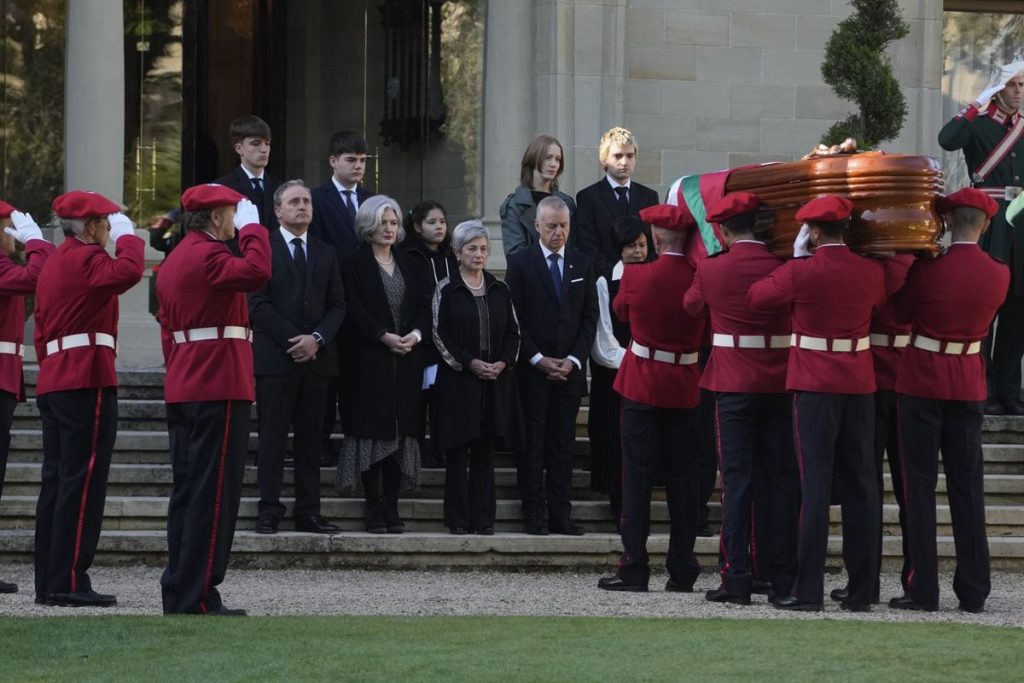The death on Monday of José Antonio Ardanza at the age of 82 has brought back a period of recent history in the Basque Country that the former lehendakari led for 14 years, between 1985 and 1999, based on two solid principles: the unity of democrats against ETA terrorism and agreement among different groups in building a peaceful society. His figure emerges during an election campaign, with hundreds of people, authorities, political representatives, and institutional figures of all backgrounds bidding him farewell at a solemn ceremony in Vitoria. Ardanza is remembered as a man of integrity, a defender of harmony and consensus among disparate groups. His legacy of promoting agreements between different parties is highlighted as crucial in the upcoming elections where a majority will be hard to achieve.
The upcoming elections are marked by uncertainty as no party is expected to secure a majority in the Basque Parliament. The emergence of EH Bildu as a potential winner in the polls raises questions about potential alliances and the composition of the future government. The PNV, historically dominant in Basque elections, faces a challenge from EH Bildu in the latest polls. The possibility of different parties coming together to form a government becomes more likely in this scenario, with the PSE-EE already setting limits on supporting a lehendakari from EH Bildu. The need for cooperation and understanding between different parties becomes evident as the election results will likely lead to coalition-building and negotiations to form a stable government.
The preferences of Basque voters regarding the future government reflect a divided sentiment, with support for different alliances such as a repeat of the PNV-PSE coalition or a pact between nationalists (PNV) and EH Bildu. The choices made by voters and party supporters will shape the post-election landscape, with a possible realignment of political forces based on the election results. The potential for EH Bildu to emerge as the leading party in the elections raises concerns and challenges for other parties, especially in forming alliances and governing in a fragmented political landscape.
The possibility of EH Bildu winning the elections poses a challenge for traditional parties like the PP, which has opposed the coalition’s participation in government. The dynamics of coalition-building and power-sharing in the Basque Country are complex, with different parties seeking to maximize their influence and shape the future government based on their interests. The role of smaller parties like Podemos and Sumar, as well as the potential for a left-wing coalition including EH Bildu and PSE, adds to the complexity of the post-election scenario.
The legacy of José Antonio Ardanza as a proponent of consensus and agreement between different groups is remembered during his funeral, with calls for continued dialogue and cooperation in the Basque political landscape. The emphasis on unity and collaboration among diverse parties becomes essential in the context of the upcoming elections and the need to build a stable government. The challenges and opportunities presented by the electoral results will require strategic decisions and negotiations among political actors to ensure the effective functioning of the Basque government and address the aspirations of the region’s diverse population.















